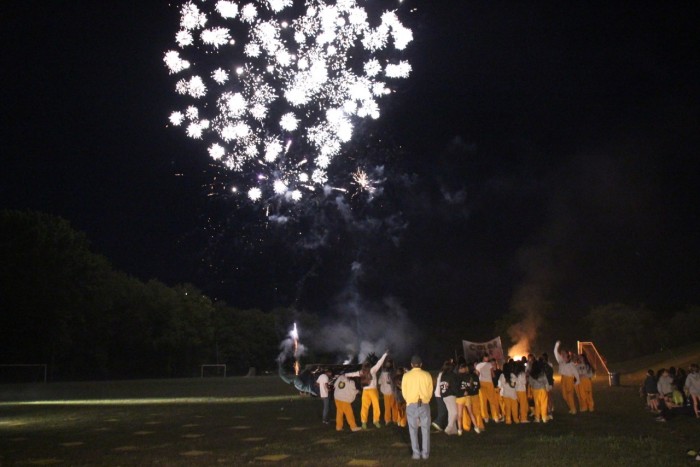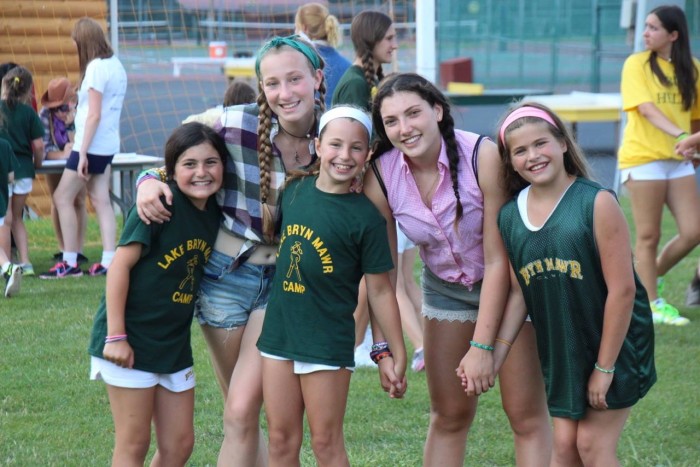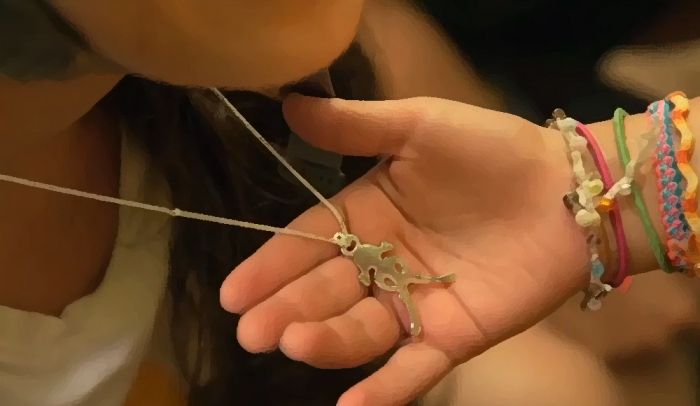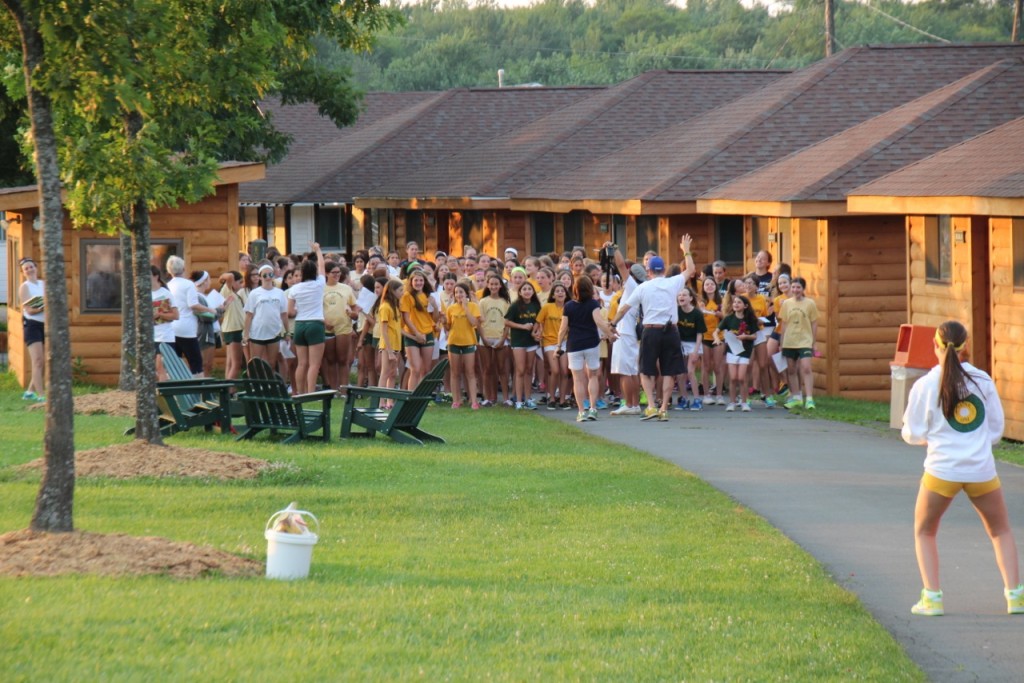
169.97 exact miles away is my home away from home. Lake Bryn Mawr Camp requires no stress, sadness or problems. Camp will always be the best friend I never had that is there for me and supports every decision I make. Being a camper signifies more than just playing sports and making new friends. It only took me seven summers to fully understand what it genuinely means to be content. For many summers I was trying to fit in and experience new opportunities but little did I know I was maturing and becoming the person I am today.
It came sudden. It came fast. I was laying down at Wembley, the soccer fields. After I went on a long run, I watched the clouds roll by as I caught myself smiling for no reason. That’s when I knew… this is the place I belong. There was beauty surrounding me with my best friends, environment and even the taste of the mac and cheese on Thursday nights. Camp had all the necessities to reach nirvana and after realizing this, I promised myself that camp would hold a special place in my heart for the rest of my life.
Spending time away from my parents is extremely difficult but after many summers coping with this, I developed a bond with my summer parents who watch over me and teach me lessons even my own birth parents cannot. They are the two people in the world that treat me like their own child and having a second set of “parents” shows how blessed I truly am. The owners of the camp Dan and Jane check up on me daily and even schedule meetings to just chat. These are the people in my life that bring comfort and joy to make me feel special.
Most teenagers have friends that stab their back and are friends with them for wrong reasons but I am blessed with remarkable camp friends. They show me how to see the positive things in hard situations and to love someone for who they are inside. I met my best friends that I will have eternally and this is only because of bryn mawr. My friends do not care about social class or wealth and still teach me to be patient and empathetic.
Bryn Mawr is located on 25 acres of beautiful green forest, which shows the earths true beauty. At home, we cut trees down for shops and factories but here is where I can smell the earth and feel like I am apart of something. All of the colors come together to form the beauty in life that others do not see. Beauty is in the eye of the beholder and Bryn Mawr is beautiful in every way possible.
The saying, “money can’t buy you happiness,” may be true but if it were not for camp I would not experience the happiness I have today. Lake Bryn Mawr camp has brought complete happiness to my life and will always share an important place in my heart. Lake Bryn Mawr Camp is where I belong and the reason I am smiling today.
Allie Gross

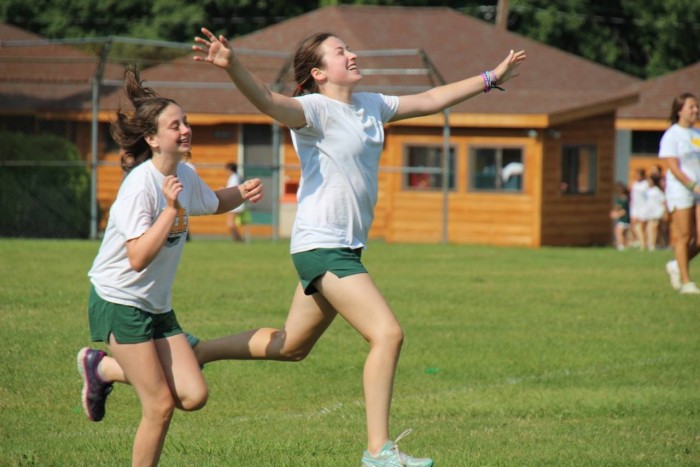
 I have been going to the same camp for the past 7 years of my life. Before I was a camper, however, I was an Explorer. This past summer, now that I was in the oldest age group, I decided to help out with the Explorer Program. First we had to greet the shy campers coming off of the bus, and explain to them everything that camp had to offer. From there, we were meant to be their part-time counselors. This included taking them to and from each activity, making sure they knew the Talent Show dance we choreographed for them, helping them get to bed on time, and even helping them get dressed in the morning. Although difficult at times, this was quite the interesting experience.
I have been going to the same camp for the past 7 years of my life. Before I was a camper, however, I was an Explorer. This past summer, now that I was in the oldest age group, I decided to help out with the Explorer Program. First we had to greet the shy campers coming off of the bus, and explain to them everything that camp had to offer. From there, we were meant to be their part-time counselors. This included taking them to and from each activity, making sure they knew the Talent Show dance we choreographed for them, helping them get to bed on time, and even helping them get dressed in the morning. Although difficult at times, this was quite the interesting experience.